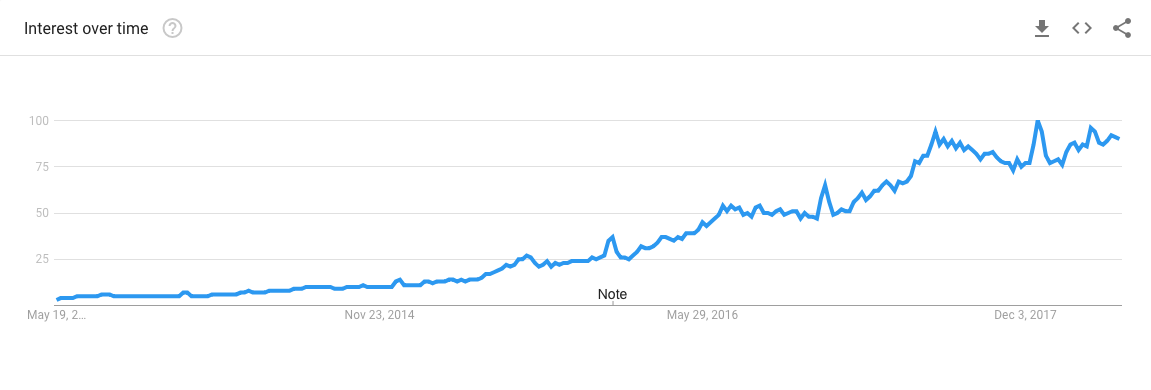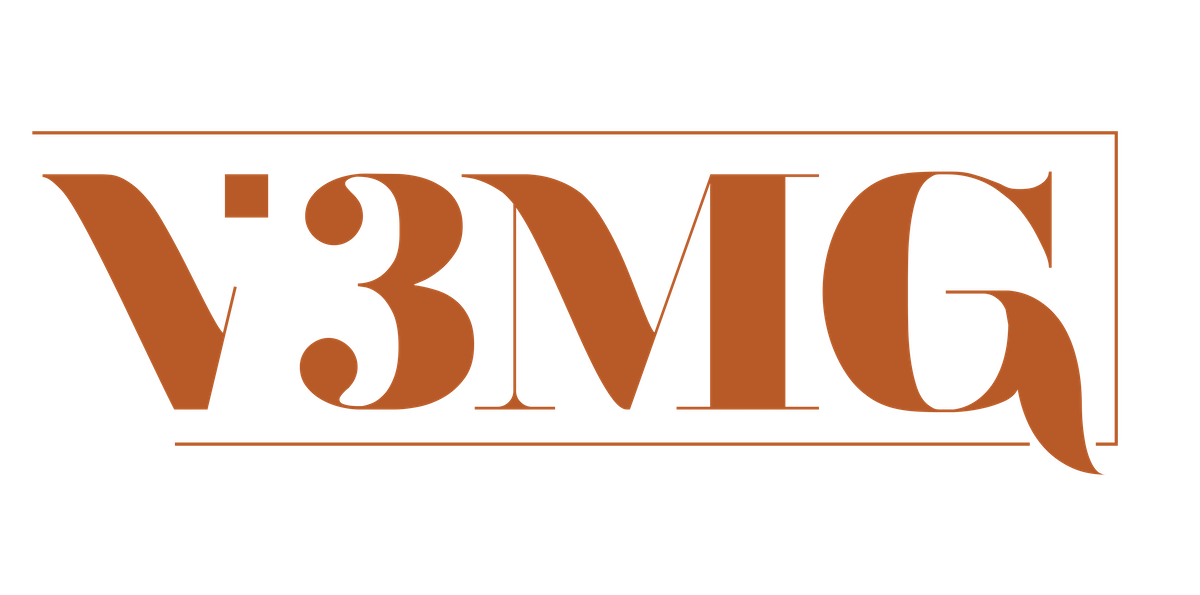Since 2013, mobile devices have become the primary device for internet usage, accounting for (on average) about 60% of all internet traffic, though it varies from county to country. As mobile devices like phones and tablets become more and more popular, the increasing use of the keywords “near me,” in searches has skyrocketed. Users on mobile are looking for specific businesses or services in their geographic area on their phone.
Think, for instance, if you’re looking for a place to eat. You don’t want to have to travel 45 minutes away for a quick bite, so you include the modifier to your search “near me.” That will tell the search engine that you want locations that are physically near you, not necessarily the highest rated or the least expensive, but places that you can get to easily.
The "Near Me" Phenomenon

This idea carries over into every industry imaginable. If your business works directly with customers, you want to make sure your website captures the “near me,” users. There’s two main methods of SEO to accomplish this task: organic keyword placement, and directory/social listings with proper addresses.
- Basic SEO – Make sure that your website includes the words “near me,” in a couple different places in both true text and metadescriptions of the page. Don’t overdo it. The “near me,” optimization shouldn’t be your foremost keyword you optimize for, but it should certainly be included.
- Directories/Social Addresses – Google My Business is the most important directory that you should include. Get your business listed on there immediately with the correct address and pin location. Google will send you a physical postcard to verify your physical address, and then once your business is claimed, you will have full administrative ability to edit your information. Facebook, Yellow Pages, Yelp, etc., are all valid directories to list your business as well. When users use the “near me,” keyword, your address and map pin will be on display according to the user’s physical location.
How to optimize your business website for "near me."
The user's physical location will change the search results.
A user that is searching for the exact same search query will receive completely different results in different locations. Don’t expect to be able to capitalize, like in our instance, on “web designers near me,” when the user searching is in Michigan. The location qualifier to the search makes not only the physical business locations matter, but also the location of the user.
Are you a business that is looking to better optimize your website? Contact V3 Media Group today and talk with us about all things digital marketing!
